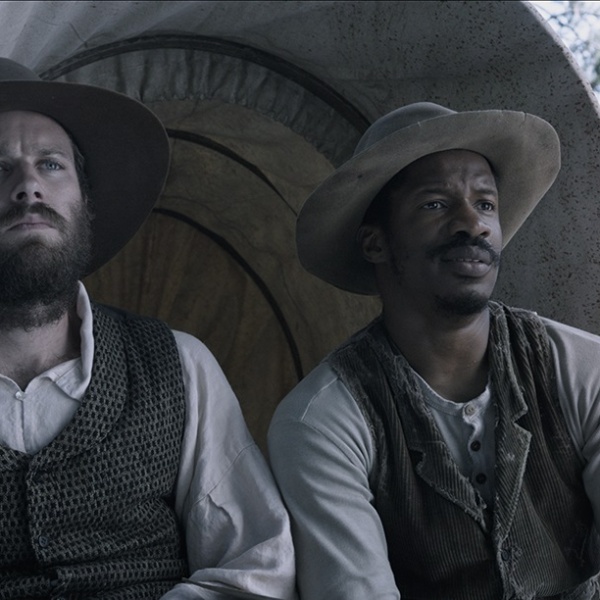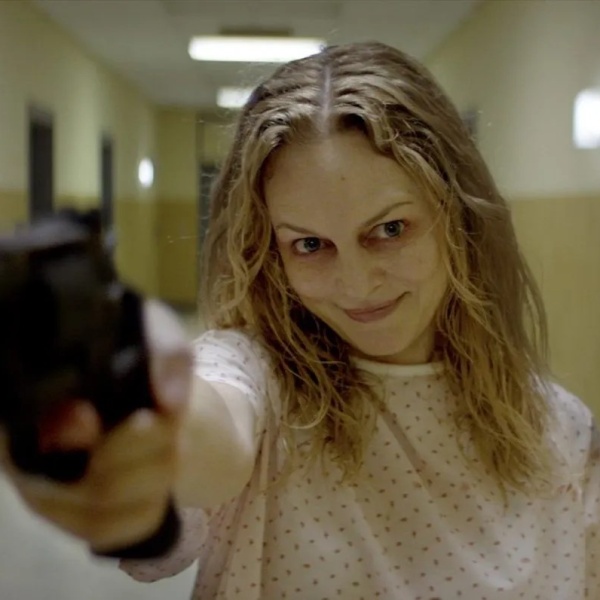The psychodrama of the Oscars and Martin Scorsese was seemingly pierced when “The Departed” won four Oscars in 2007, including for his one and only time for Best Director and his only film to win Best Picture.
Two years before, “The Aviator” won five, and five years later, “Hugo” won five. All signs that the drought was over.
The case for the glass being half-empty, though, remains strong after Sunday night’s Academy Awards. With the 0-10 shutout for “Killers of the Flower Moon,” all four of his last narrative films since “Hugo” have received 26 nominations and zero wins.
And he now holds the distinction of having three films with no wins and 10 nominations (“Gangs of New York” and “The Irishman” also), just below the record of 0-11 held by “The Color Purple” and “The Turning Point.”
He personally now has one win out of 16 personal nominations — including 10 for Best Director, which is one more than Steven Spielberg has received, and best among living directors and second best overall to William Wyler with 12.
His films’ overall Oscar nomination record is impressive — 102 from 18 films, with 21 wins overall. That includes one each for Picture, Director, Actor, Actress, Supporting Actor, and Supporting Actress.
By any standards, it’s an impressive performance. It spans 50 years (from “Alice Doesn’t Live Here Anymore,” for which Ellen Burstyn won Best Actress), more than half the lifespan of the Oscars.
It’s easy to paint this record as something of a failure. But his films have never been “Oscar-friendly” for the most part, with an emphasis on darker themes generally and coming in genres usually not as likely to be awards-elevated.
It’s a much more rewarded career than Alfred Hitchcock, for one. The master of suspense, often regarded as the great Hollywood director, saw 15 of his films nominated 48 times, for only six wins total (including Best Picture and Actress, but never Director, though he was nominated five times). And Bradley Cooper, after three losses this year, is now 0-12.




